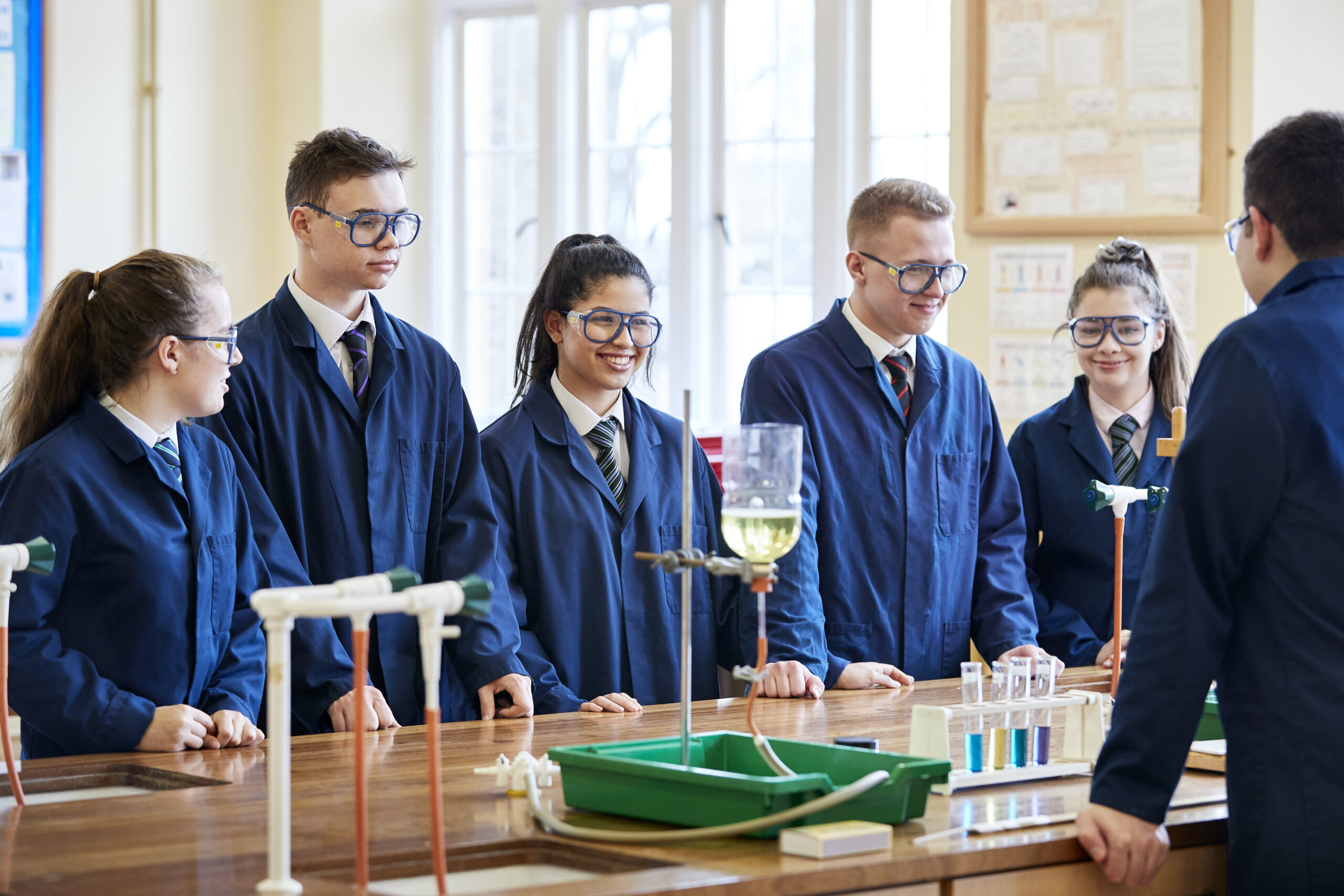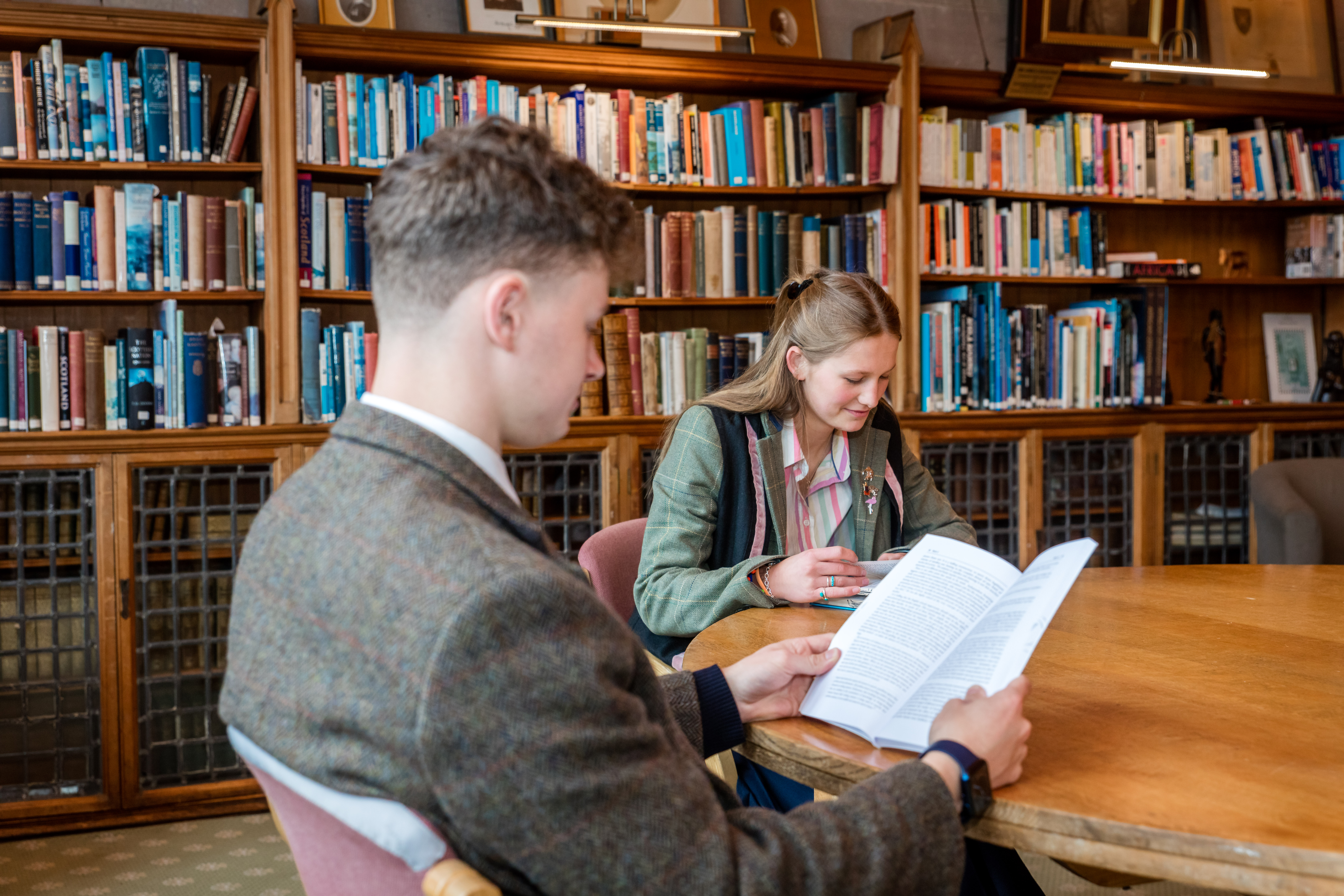The majority of HMC Projects scholars will study on the Advanced level programme but a small number will study on the International Baccalaureate or Scottish Higher programmes.
- i) Advanced levels: For the Advanced Level programme (Key Stage 5), nearly all pupils study three or, exceptionally, four subjects for two years and take examinations in these only at the end of the second year. Universities use Advanced Levels as entry qualifications.
- ii) Scottish Highers: Students will take at least five subjects at Higher Level, reducing to three or four for their Advanced Higher courses.
- iii) International Baccalaureate (IB): Increasing numbers of HMC schools are taking pupils for the International Baccalaureate, which is a parallel course to Advanced Levels and equally well used by universities for entry qualifications. The IB requires students to take courses in six subjects, three at standard level and three at higher level: English and mathematics are compulsory. Students are also required to take a course in the theory of knowledge, to write a long essay and to undertake some community service. This course is very similar to the Baccalaureate courses which are commonly studied in Europe.
Each UK school organises its timetable differently. Lessons might last 35, 40, 45, 55 or 60 minutes! For each subject, a student will attend classes for about 5 hours a week, and is also expected to undertake at least 6 hours private study. There will also be time given to Physical Education or Sport, whether or not these are taken as subjects for studying. In England and Wales and in some Scottish schools the two years of Advanced Level, or International Baccalaureate study are often called “Sixth Form”, but – once again – each school is different!
Along with sport, schools offer a substantial programme of “extra-curricular activities”; that is, activities which are able to offer students a wide range of experiences, intellectual, cultural and relaxing. Music, drama, science and literary societies are offered in all schools, and there will be opportunities for outdoor education and other leisure activities. Visits to theatres and concerts, to places relevant to the courses of study (such as art galleries and museums, religious centres or historical sites, scientific companies and projects) are all part of life in a school Sixth Form.

